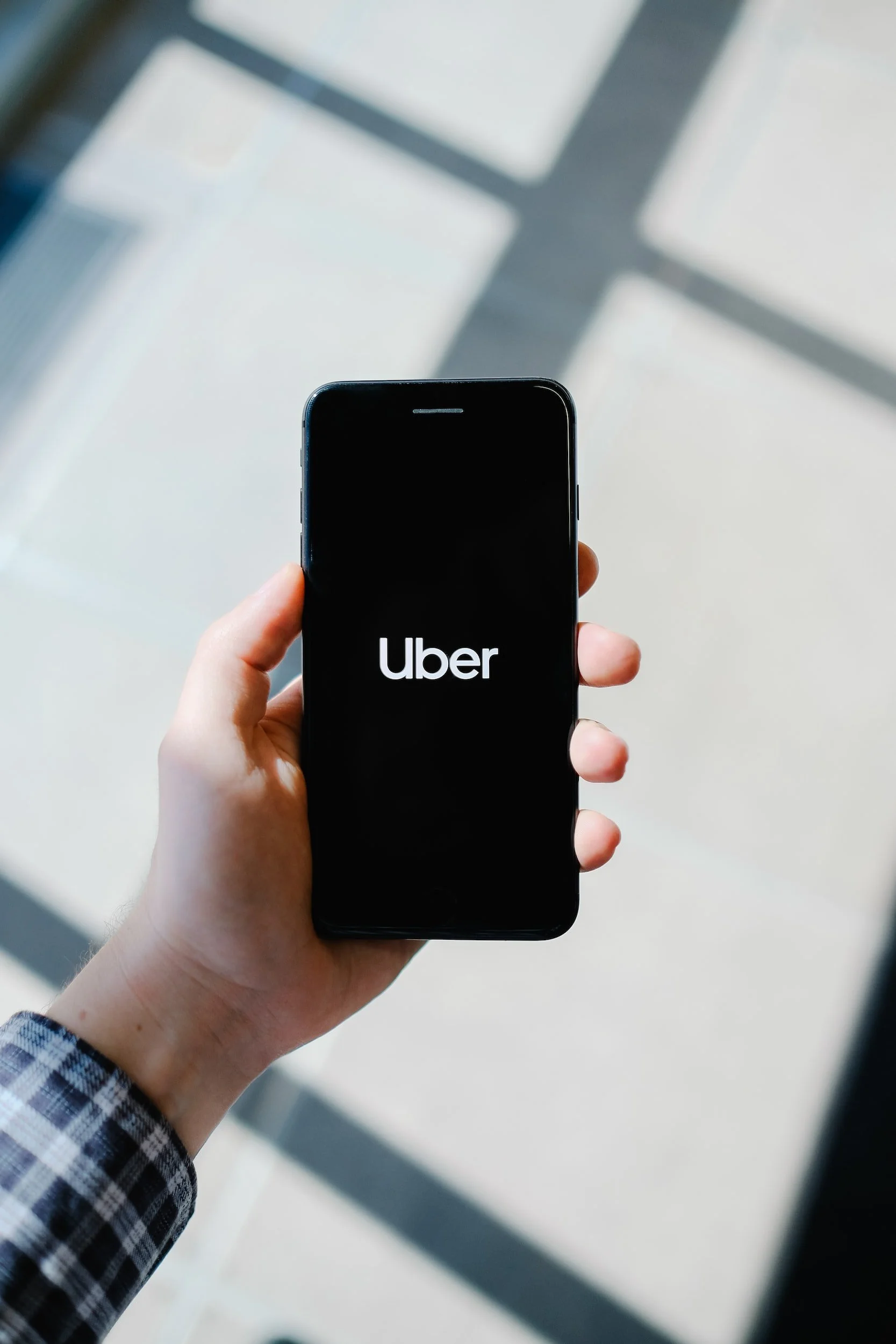HOT TAKES. ONE PLACE.
There's a LOT to know about insurance. So, whether you've got a specific question or just want the 411 on what we do, click around on the articles below.
Understanding the Talent Trend of Rage Applying
“Rage applying” is a term used to classify the act of abruptly looking for jobs in mass due to current job dissatisfaction. This growing trend is most prevalent amongst Generation Z, as they’re searching to have their needs met by employment more than the previous generations.
Virtual Second Opinions
There may be a time in employees’ lives when they receive a medical diagnosis or feedback they feel uncertain about. Second opinions allow patients facing medical challenges to seek additional medical information on their condition, which can provide clarity and other treatment options available.
Talent Rediscovery as a Recruiting Strategy
Finding the right talent for your organization can be challenging, especially as the needs of both employees and employers shift due to increased costs of living, for example. To remain competitive, recruiters must get creative to find talent.
Supporting Employees During Mental Health Awareness Month and Beyond
Employee mental health has become a workplace topic of increased focus and awareness in recent years. An employee’s mental health includes how they think, feel and act, and their emotional and social well-being. While mental health includes mental illness, these two concepts aren’t interchangeable. For example, an employee can go through a period of poor mental health but not necessarily have a diagnosable mental illness.
Engaging Employees During the Great Disconnect
Employee engagement is the commitment an employee has to an organization and its’ goals. Employee engagement is crucial for an organization to perform at peak productivity and keep employees satisfied. Prioritizing employee engagement can help employers facilitate organizational growth and meet workers’ ever-changing desires to attract and retain employees.
Embracing Neurodiversity in the Workplace
The concept of neurodiversity isn’t new, but it’s been gaining mainstream traction in recent years. In 1998, Australian sociologist Judy Singer coined the term “neurodiversity” to recognize that everyone’s brain develops uniquely. Neurodiversity refers to diversity in the human brain and cognition, such as sociability, learning, attention, mood and other mental functions.
Job Openings Down in March, Employee Quits Remain High
The U.S. Bureau of Labor Statistics recently released its March Job Openings and Labor Turnover Summary. The monthly report revealed 9.6 million job openings in March, compared with 9.9 million in February, showing a decline of 384,000 from the previous month.
Report: Fills for Mental Health Prescription Drugs Remain High After Increase During COVID-19
Fills for depression and anxiety medications increased between 2019 and 2022, according to recent research from health care platform GoodRx. Specifically, treatment for mental health conditions has increased significantly since the start of the COVID-19 pandemic. The increase in depression and anxiety medication fills occurred in 43 out of 50 states.
A Primer for Employers on Medicare Coordination of Benefits
When a plan participant or beneficiary has Medicare and other health insurance, such as group health plan insurance, retiree coverage or Medicaid, there can often be confusion as to which insurance pays first on claims. Coordination of benefits (COB) rules, which are specified in plan documents or insurance policies, decide which insurance pays first.
Pros and Cons of Outsourcing HR Functions for Small Businesses
Small businesses often have fewer resources than larger ones, potentially making it more efficient to outsource certain functions rather than keep them in-house. Certain functions of an organization’s HR operations are common options for outsourcing. According to a study by staffing agency Kelly Services, 36% of all employers outsource part or all of their HR responsibilities, with the most outsourced functions being payroll (56%), recruitment (49%) and benefits (40%).
Over Half of U.S. Private-sector Workers Are Enrolled in HDHPs
More than half (55.7%) of American private-sector workers were enrolled in high deductible health plans (HDHPs) in 2021, according to the Kaiser Family Foundation’s recent 2022 Employer Health Benefits Survey. The 5.3% increase from 2020 is the highest on record, and 2021 is the eighth straight year an increase has occurred.
Lifestyle Spending Accounts
Many workers are paying greater attention to their benefits and wondering how to stretch their dollars further. While many employers are familiar with health savings accounts (HSAs) and flexible spending accounts (FSAs), lifestyle spending accounts (LSAs) are an emerging benefit that can provide flexible and personalized support to employees.
Study: Retirees Will Need Six-figure Savings to Cover Post-retirement Medicare Costs
A recent study conducted by the Employee Benefit Research Institute (EBRI) found that retirees will need to have hundreds of thousands of dollars in savings to cover Medicare costs. Such costs include premiums, deductibles and prescription drug expenses—essentially any costs that could be out-of-pocket for Medicare beneficiaries.
Job Openings Decreased to 9.9 Million in February
The U.S. Bureau of Labor Statistics (BLS) recently released its February Job Openings and Labor Turnover Summary. The monthly report revealed 9.9 million job openings in February, compared with 10.6 million in January. The latest report shows a 632,000 decline from the previous month.
Americans Spend Less Than One Hour on Health Plan Options During Open Enrollment
The latest Consumer Engagement in Health Care Survey (CEHCS) revealed that although many Americans are satisfied with the open enrollment process overall, they are not looking closely at their health plan options when making selections.
Uber Health Adds Same-day Prescription Delivery
Uber Health, the health care arm of transportation company Uber, announced its new same-day prescription delivery service on March 30. Uber Health users, including health care providers and health plans, already leverage the platform to coordinate nonemergency medical transportation (NEMT) for patients. Now, they can manage prescription delivery from any pharmacy in their service areas.
Medicare Guide to Coordination of Benefits
If you have Medicare and other health insurance, such as group health plan insurance, retiree coverage or Medicaid, questions can arise over who pays first on your claims. Coordination of benefits (COB) rules decide who pays first. One plan is considered the primary payer that covers most of your expenses, while the secondary plan covers any remaining allowable expenses not covered by the primary plan.
How Telemedicine Gives You the Most Out of Health Care Visits
Telemedicine—the delivery of health care from a distance using technology—has become increasingly popular following the COVID-19 pandemic. Telemedicine allows people to seek basic primary care and other services without having to leave their homes, making it a convenient, efficient and often less expensive way to receive health care.
FDA Approves Opioid-overdose Antidote Narcan for Over-the-Counter Use
On March 29, the U.S. Food and Drug Administration (FDA) approved the sale of Narcan, a brand name for the drug naloxone and the standard treatment for opioid overdose, without a prescription. The best-known form of naloxone is Narcan nasal spray, which can rapidly reverse the effects of an opioid overdose caused by prescription medications (e.g., oxycodone), heroin and fentanyl.
PBM Drug Pricing Transparency Bill Heads to Senate
The Senate Committee on Commerce, Science and Transportation recently advanced a bill to increase pharmacy benefit manager (PBM) transparency and combat what some legislators called “deceptive practices.” The proposed bill received bipartisan support in the committee, with an 18-to-9 vote, and is supported by many health care and consumer organizations.





















